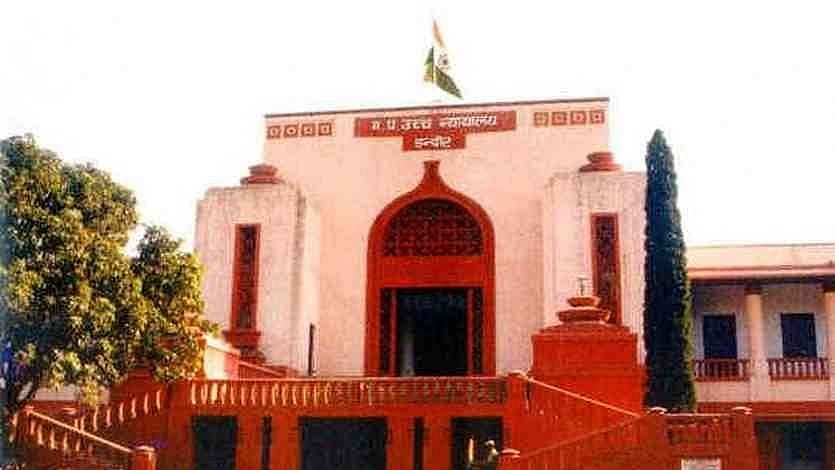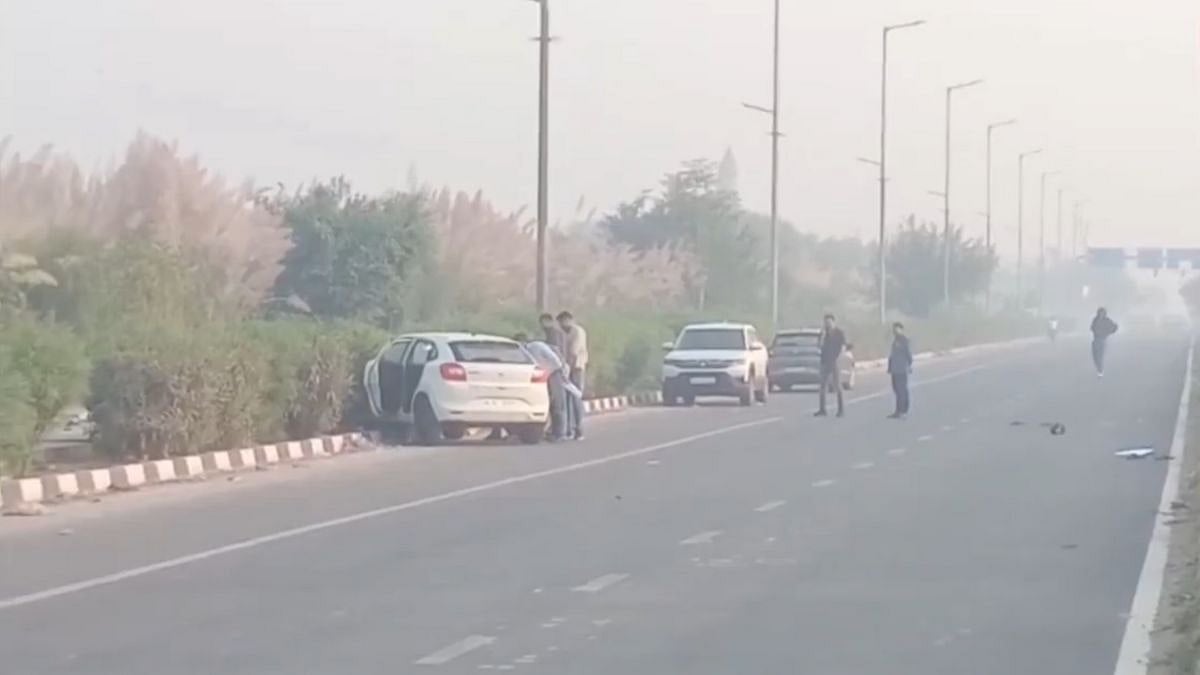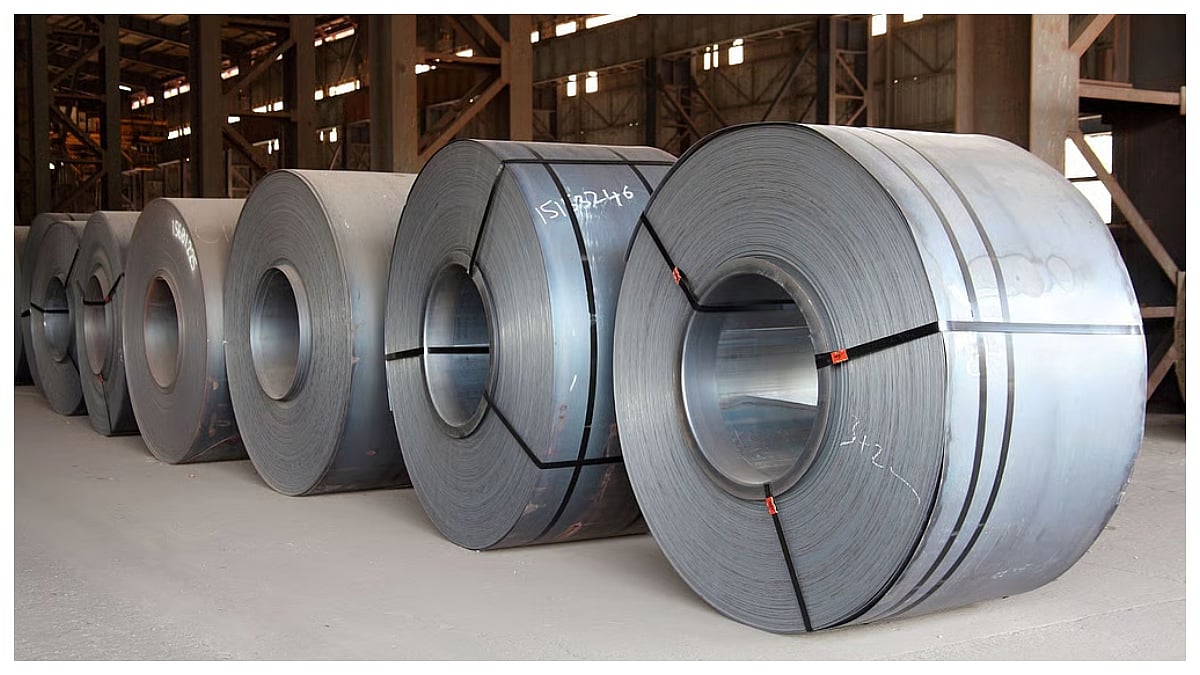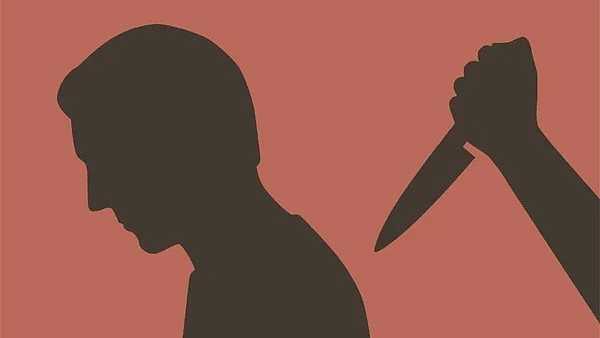Indore (Madhya Pradesh): Indore bench of Madhya Pradesh High Court partly allowed the appeals of three convicts in the 2014 Khargone murder case, acquitting them of gang-rape charges but upholding their conviction for murder and house trespass.
A division bench of Justice Vivek Rusia and Justice Binod Kumar Dwivedi delivered the verdict on criminal appeal filed by Ankit Rathore, Akshay Joshi and Vishal Choudhary, challenging their conviction by a Khargone trial court.
The case concerns the brutal killing of a 22-year-old final-year BPharm student of GRY College, Borawan, who was set ablaze at her home in Ojhara village on May 10, 2014. The three accused — also BPharm students of the same college — were arrested the same day from the scene of the crime.
In 2015, the trial court had sentenced them to life imprisonment under Sections 376(A)/34 (gang rape), 376(D), 302/34 (murder), and 449/34 (house trespass) of the Indian Penal Code, holding that they sexually assaulted and then murdered the victim by setting her on fire.
The High Court, however, found that the evidence for gang rape was “not sustainable” and noted that suspicion could not replace proof. “Suspicion, however grave it may be, cannot take the place of proof... The benefit of doubt must go to the accused,” the judges observed, emphasising that conviction must rest on clear and cogent evidence.
Accordingly, the bench set aside the conviction under Sections 376(A)/34 and 376(D) of the IPC and acquitted the appellants of rape charges. However, the court affirmed the trial court’s finding that the three accused were present in the victim’s house and that they set her ablaze with the intention to kill her, confirming their guilt under Section 302 read with Section 34 (murder with common intention) and Section 449/34 (house trespass to commit an offence punishable with death).
As the trial court had imposed life imprisonment primarily under the gang rape provision—treating the murder as part of that offence—the High Court corrected the sentence. It directed that each appellant will now serve life imprisonment under Section 302 IPC, along with a fine of Rs 5k and an additional six months’ rigorous imprisonment (RI) in case of default.











